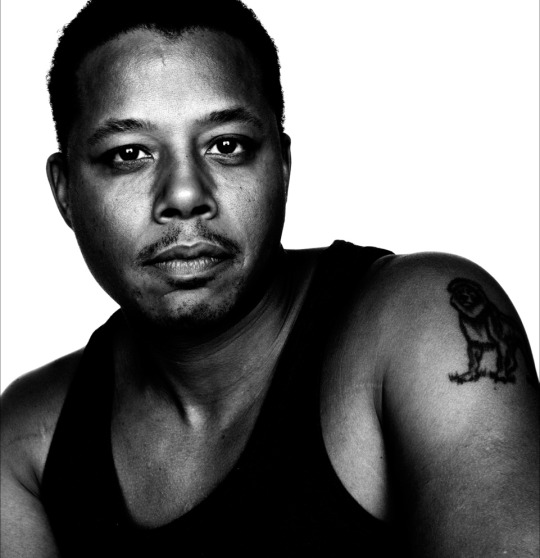Blog #223 9/19/17
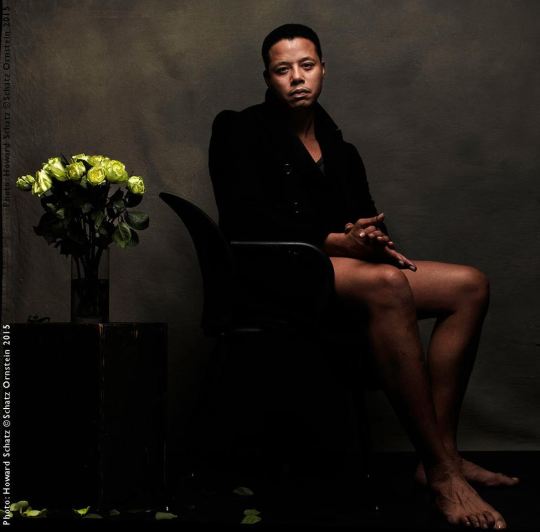
A couple of years ago, the actor Terrence Howard came to my studio to be photographed for my Vanity Fair monthly feature, Actors Acting. As was usually the case with the VF portraits (and with most portraiture), I first conducted an interview, and then suggested scenes and asked him to create characters to “improv” them. The writer and my close friend, Owen Edwards, helped develop and write the situations, and the imaginative stylist Christine Hahn gathered an appropriate wardrobe. Grooming for Terrence was done by Lisa-Raquel.
Here are some of his creative morphings:
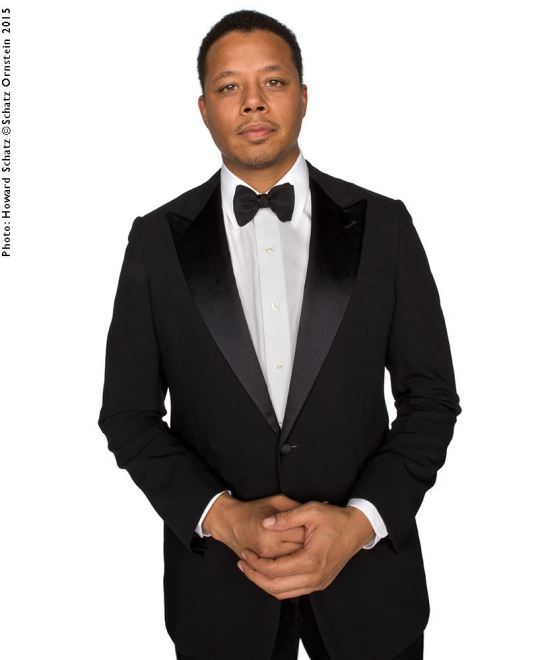
A young man, at the altar on his wedding day. As the bride-to-be is walking down the aisle, he suddenly realizes that he’s about to make the mistake of his life.
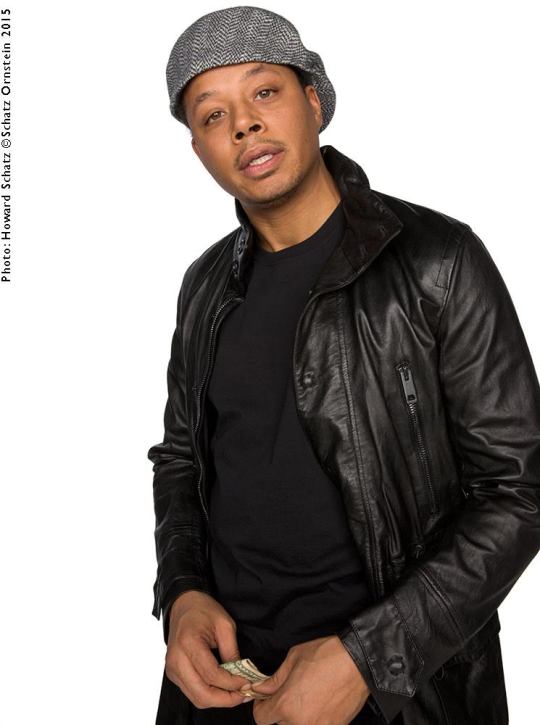
A long-time NY taxi driver who has just been given a dollar tip for a $30 fare.

You’ve made remarks to two close buddies about your girlfriend’s weight.
One of them tells his girlfriend, who then tells her. Your girlfriend confronts you.
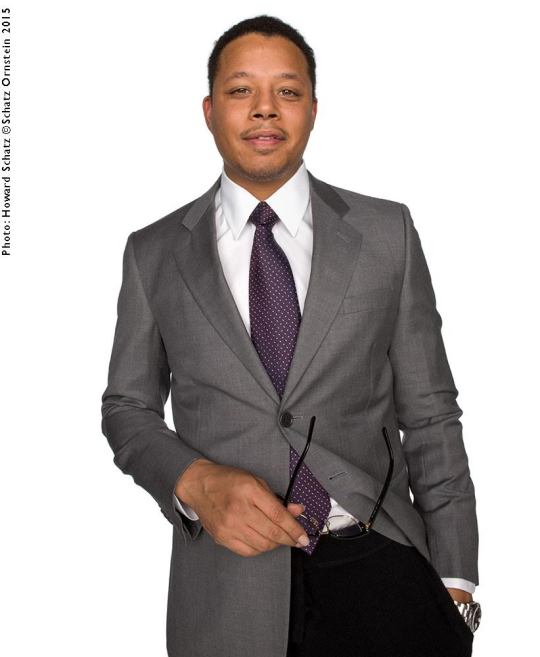
A prominent attorney at a Park Avenue cocktail party talking with a clueless fat cat who keeps saying things like “You people…so great…so much natural ability…I mean, like, jazz, basketball. All that stuff, y’know, man?”
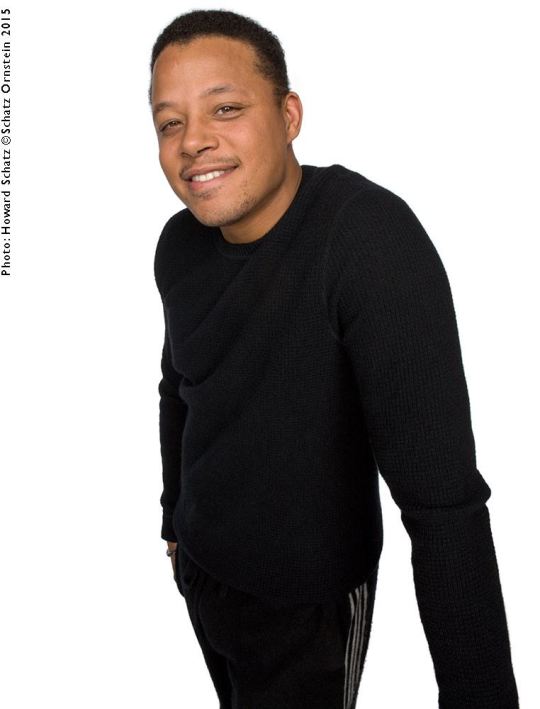
A powerful Hollywood producer hitting on a vulnerable ingenue.
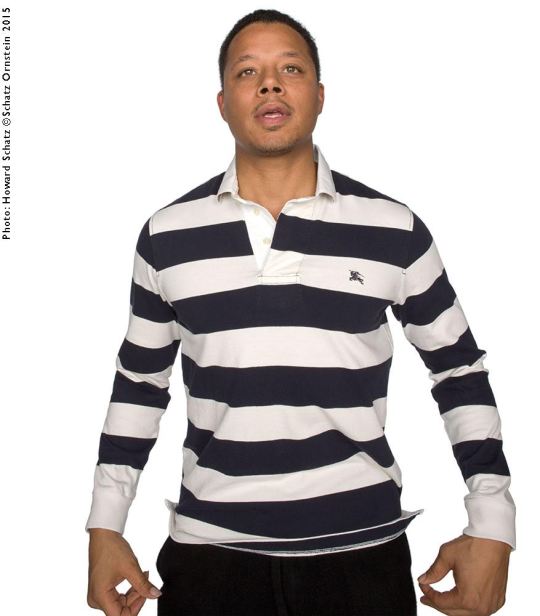
An insecure college freshman, about to go on date with popular sorority girl,
looking in mirror, not sure the rugby shirt is the way to go.
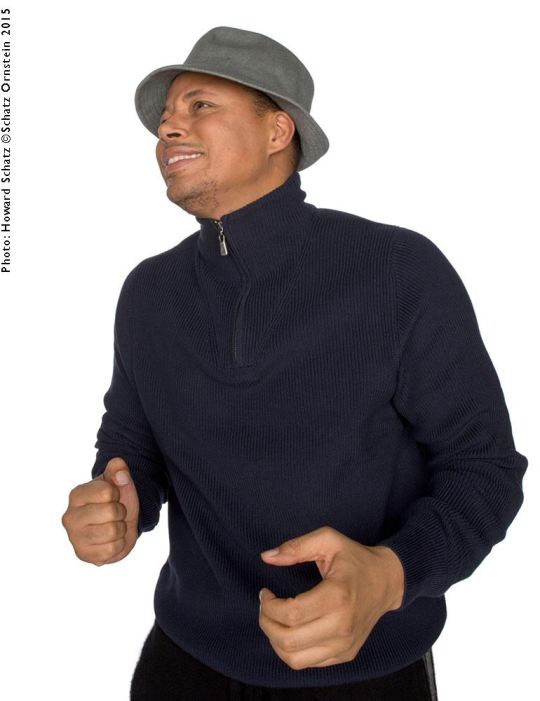
A football coach, his job on the line, a few seconds to go and two points down in a championship game, watching the football rise in the air that his field goal kicker just kicked…..
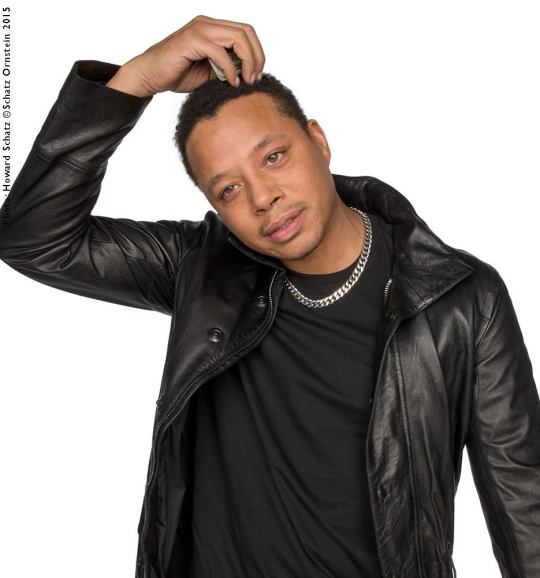
A small-time thug is being grilled by detectives about a murder he didn’t commit, when they tell him that his boss, a vengeful capo, has betrayed him. They ask, “Ready to make a deal?”
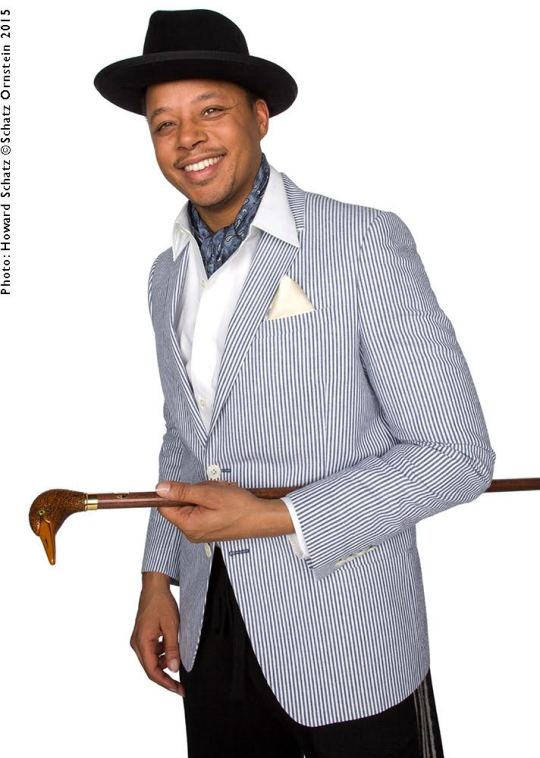
A dandy in his 70’s, walking his toy poodle on 5th Avenue, greeting all the doormen who secretly loathe him.
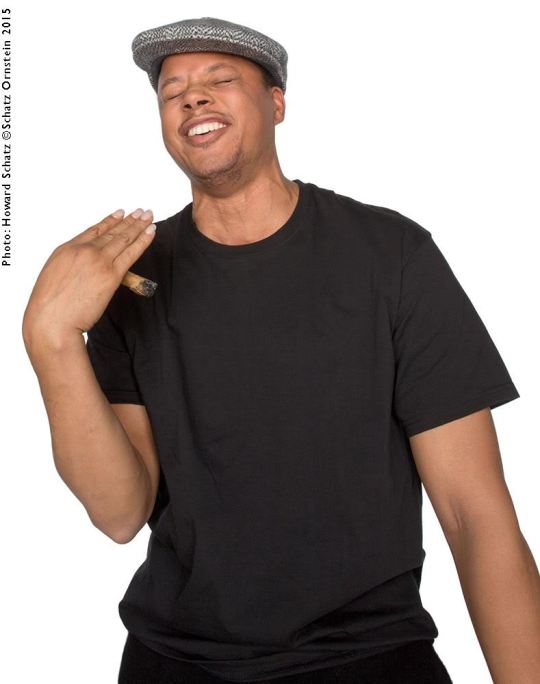
At a weekly poker game with old friends from your college days, reveling in some entirely politically incorrect trash talk about your wives and girlfriends.
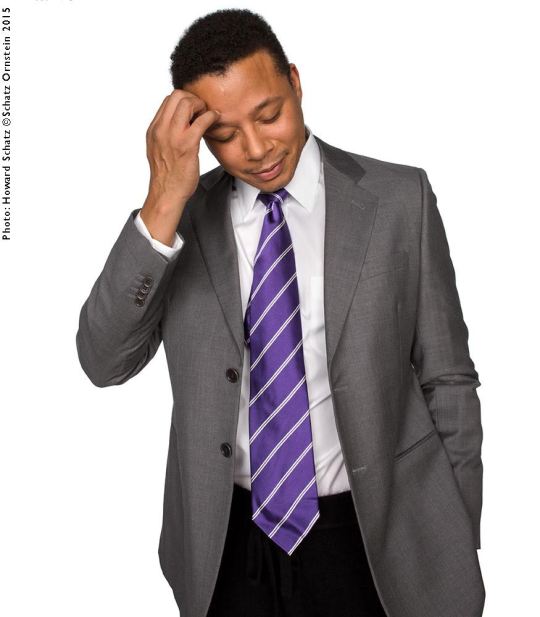
An eligible bachelor, invited to a dinner party by friends with an underlying motive, seated across from a boring woman who simply will not shut up.
What follows is an interview I did with Terence Howard just before our extended portrait shoot for Vanity Fair.
HS: Creativity is a wonderful thing. You can climb a creative tree, climb out on the branches. Sometimes the branches are rotten, and then you fall. But you climb up again, and every once in a while you find a branch where there’s a cherry to pick every half inch or so.
TH: Yes! And that fall is something wonderful too. Before you hit the ground, that moment of “Oh shit I’m falling.” You know you’ve made a choice, and now you are going to get hurt. Your pride’s going to get hurt. I have never been afraid to fall. And, I would love to find those cherries.
HS: When you have done something well, can you sit back and say you did it?
TH: There is no such thing as well. If you do it well, it’s like the greatest fight. Even if you win, it can be hard to be conscious of it at the moment of victory. The person I deal with in the mirror, he doesn’t pat me on the back. He is like, “you got away with some bullshit. That’s why you just got nominated.”
HS: How do you develop a role? How do you learn who the character is?
How does it come to you?
TH: You listen. You listen, You listen. Some people try to read the whole script in an hour and digest it. It takes me an hour to read just a scene. It takes sitting there and listening to what the characters are saying. If it’s well written, the beautiful thing about truth is it plants its own seeds. They will grow, whether it is in conversation, or whether it’s in action.
HS: What do you mean when you say truth?
TH: Truth is a prism. You see a light broken down into its visual parts. Every side, every color, will be visible. So when I say truth I am looking for all of the colors, whether they are emotional, spiritual, musical or whatever. That’s what truth is in a script.
HS: Is acting joyous?
TH: Getting lost in the character is joyous. It’s like that book, “Who Moved My Cheese?” It’s not finding the cheese that is the joy, it’s the search that makes you happy.
HS: Is there a difference for you, in terms of performance, between theater and film?
TH: Theater is the performance. Theater is the real place. Because there’s an audience, and they are straightforward. They call out emotionally throughout the performance and to let you know whether you are bordering on truth, and some part of you is like, “Hold on for a moment… wait! I am taking you somewhere. Watch this!“
HS: Whether in movies or theatre, do you take your parts home with you——do you become the character?
TH: No, they take me home. You lose your house, you lose your family, you lose your children…you get seduced by another human being, your character, and you develop an alternate life with that person. They are always with you.
HS: When the play is over, how do you become Terrence Howard again?
TH: You slowly spend time around the people that you love and they know you and then sooner or later that other person doesn’t call anymore.
HS: Celebrities experience the public fawning over them, and its hard keeping your own personal humanity and who you are. How do you deal with the conflict of celebrity and humility?
TH: Rosie O’Donnell said something to me once. She said, “Don’t stop being an artist. Don’t become a celebrity. Stay an artist.”
HS: Is that difficult?
TH: No, you learn how to smile on cue. You learn how many times to nod or to shake hands or who to hug and who not to hug. Who to take pictures with and who not to take pictures with. An artist doesn’t know any of those things. An artist is a phenomenon, someone who did all the things the wrong way but got the right result. Because it was true.
After the Vanity Fair PHOTOGRAPHS AND INTERVIEW were done, we made time for portraiture.
